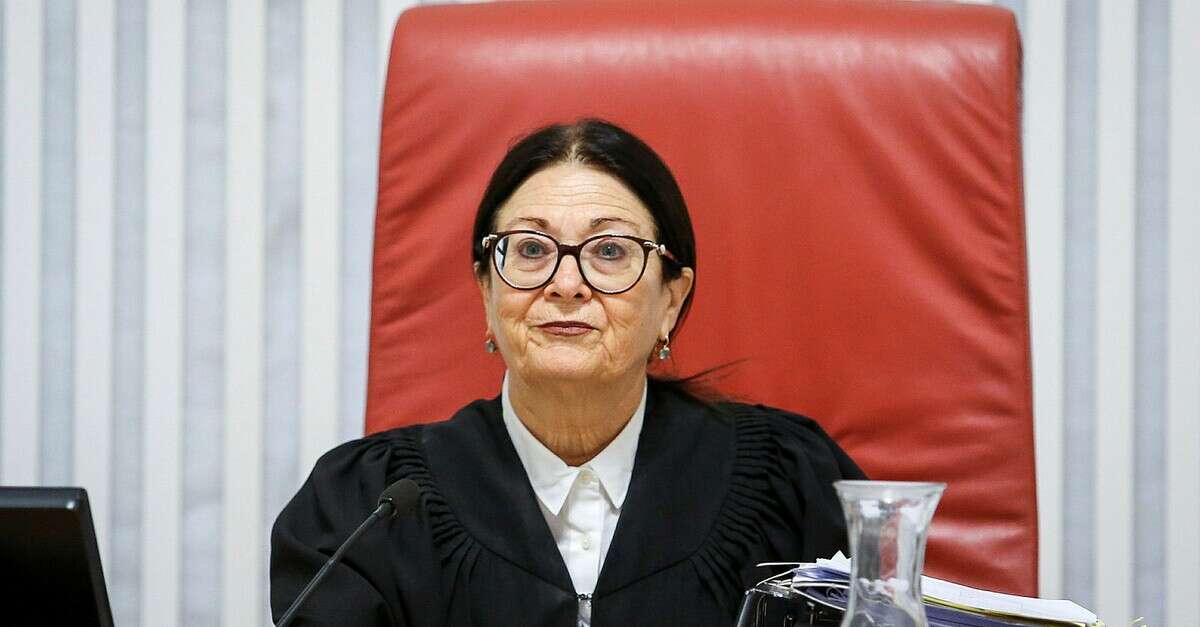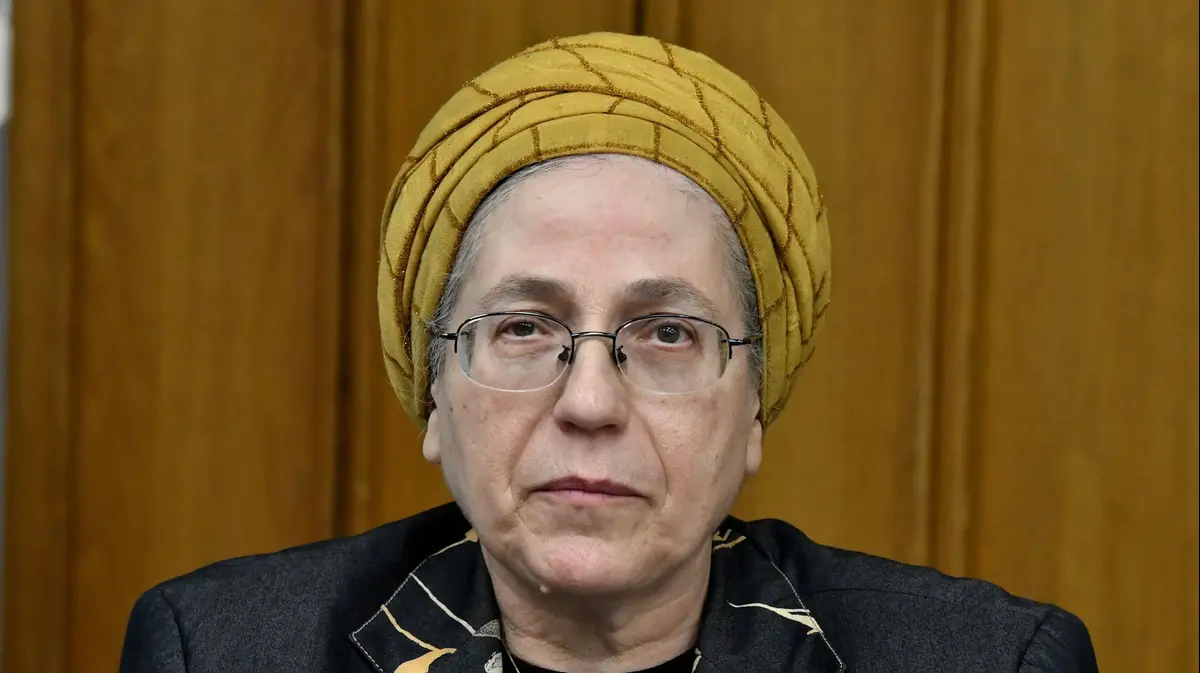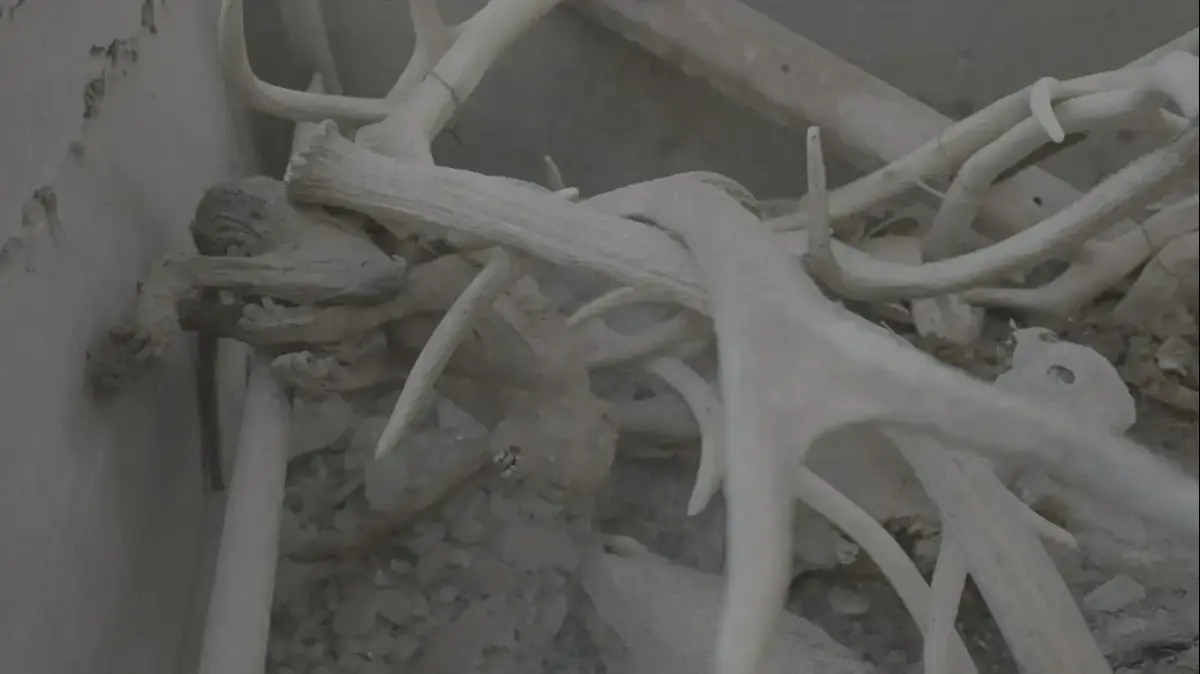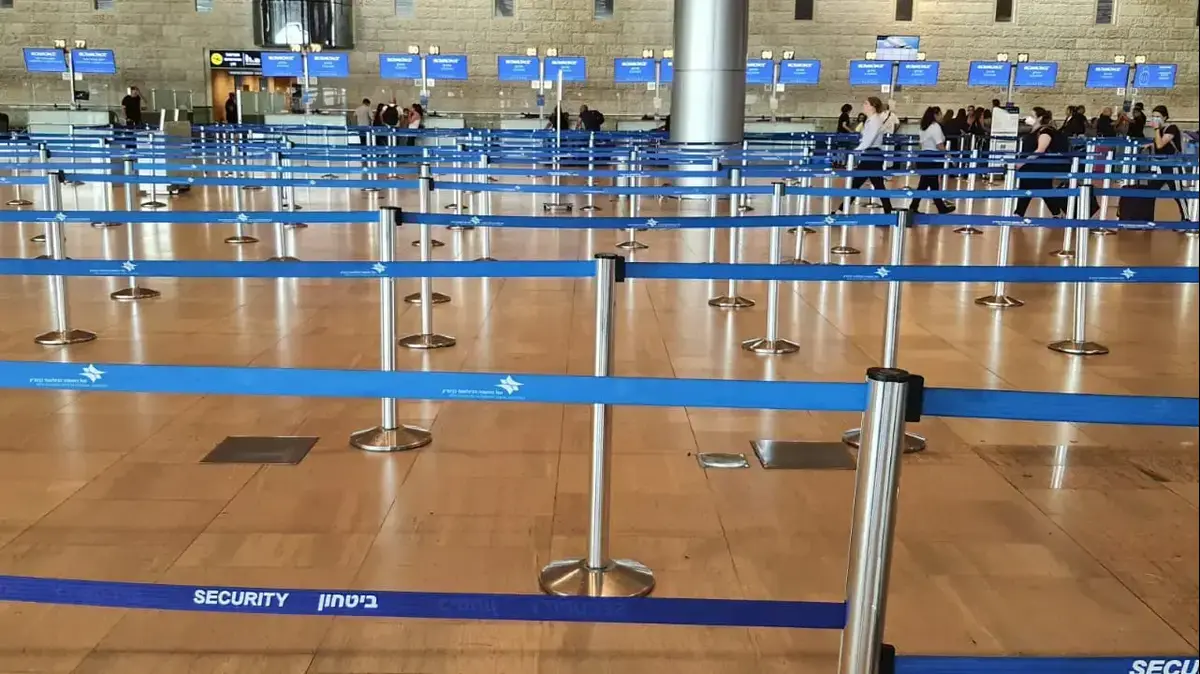The Supreme Court President has issued a document detailing the cases in which a judge will be required to disqualify himself from cases • "The list is intended to ensure fair and efficient administration of justice," the document clarified.
Hayut published the motive document: Following the criticism and a number of investigations published in the media, Supreme Court President Esther Hayut updated today (Friday) on which cases a judge should disqualify himself. Animals sent instructions to all judges and registrars to help them prepare a list of motives and cases that could not be discussed due to this or that proximity.
At the same time, Hayut noted that the list is only a utility and the law does not require it to be maintained at all. Supreme Court Justice Noam Solberg, for example, preferred to leave his list of motives blank in order to examine each case if there was anything to avoid in his case.
Rejection of the proposal to establish a commission of inquiry into conflicts of interest of judges // Photo: Knesset Channel
Hayut added that the list does not deal with the judges' personal connections, but with other factors that are close to the judge and often appear in court, such as lawyers or companies: "The list of motives is a dynamic list that refers mainly to 'repeat litigants'. "And over time, some of them become redundant or obsolete and are therefore deleted from the list," the president wrote.
Hayut stressed that even if the judge has decided that there is closeness to which of the parties, but it does not amount to avoiding dealing with the case - he must disclose this to the parties "for reasons of appearance".
Hayut further elaborated that a judge should refrain from engaging in a case because one of the parties or a key witness is his family member, i.e .: "A spouse or child of any of these."
List of motives published by Judge Hayut:
Hayut further instructed the judges and registrars to include in their avoidance list anyone who has been their client or business partner for the past five years before being appointed to their positions. If as a result of the partnership the same person became a close friend of the judge - the avoidance will continue to apply even after this period of time.
Another avoidance that Hayut sought to add is related to the judge's spouse's workplace, and if his children are employed in a senior managerial position or partners in the same workplace that is considered a 'repeat litigant' - they should also be included.
The guidelines also apply to the judge's professional environment, and also include attorneys who have worked as the judge's interns or legal assistants, up to one year from the end of the joint work. In addition, animals were instructed to include first-degree relatives of a legal assistant or intern during the period of their employment.
President Hayut asked the judges and judges to update the avoidance list at least twice a year.
• Conflicts of interest of judges will be published online
• Upper Contrasts: A rupture complaint against animals was denied
• "Investigation of Conflicts of Interest"
The guidance document was published after the storm that arose around the proposal to set up a parliamentary inquiry committee into conflicts of interest of Supreme Court justices. After the proposal fell through, Judge Hayut sharply criticized it, arguing: "The proposal stems from irrelevant motives, in an attempt to intimidate us."
In a letter sent to employees of the Israeli legal system, including judges, the president wrote: "Along with the corona wave we have to deal with, the judiciary has recently had to deal with another murky wave that has reached its peak, or in the Knesset last week "I set up a parliamentary inquiry committee to examine the 'conflicts of interest of senior members of the legal system.'
The president also wrote: "Our authority does not seek to 'sweep anything under the rug'. It is subject to criticism, attentive to criticism and acts with determination and perseverance to correct what needs to be corrected and to increase the transparency of its activities. "The hearings in all courts are open to the general public (except those who are subject to legal secrecy).













